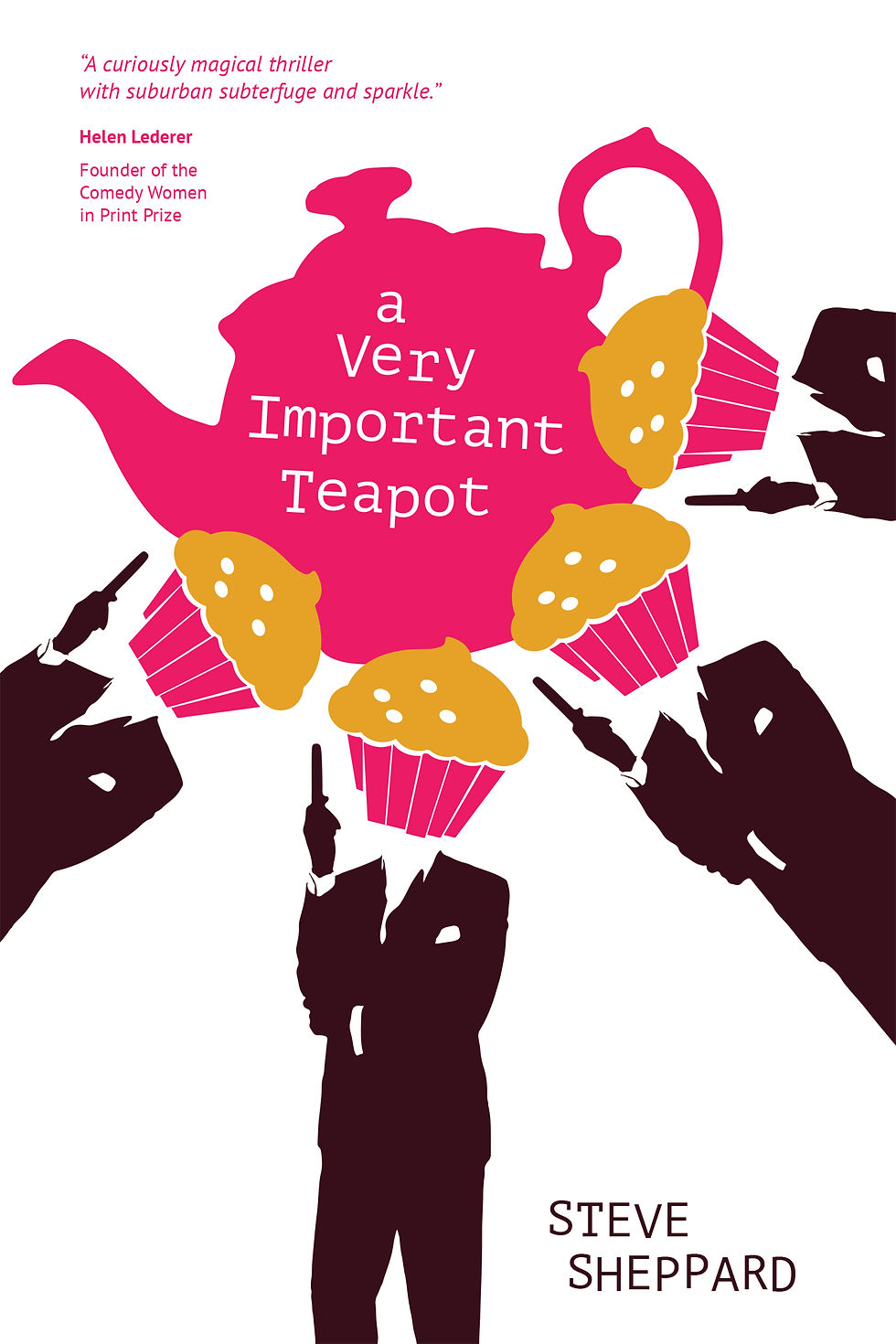Now More than Ever, Comedy is Needed
There is a well-known correlation between the economy and the length of women’s skirts; the worse the GDP the higher the hemline. Something similar happens with comedy. The darker the times, the more people scoop up humorous reads. PG Wodehouse’s works hit their highest level of popularity in the 1930s. In the sunny post-war years, they didn’t sell as well. Douglas Adams got A Hitchhiker’s Guide to the Galaxy on Radio 4 in the same year as 1978’s Winter of Discontent. While Terry Prachett started getting his writing published in the late 1960s, it wasn’t until the recession of the early 1980s that he was able to sell his first Disc World novel.
This correlation is not a new discovery. One of the therapies that doctors in Ancient Greece offered was to whisper jokes in the ears of patients while they were distracted with some other activity. A Bronze Age version of laughter as the best medicine. Plato didn’t take quite so therapeutic an approach and suggested that laughing at someone’s pranks and pitfalls was merely childish. Presumably, no philosopher-king ever succumbed to a giggle. Hobbes, Kant and Freud all weighed in on the topic. Laughter is nasty, brutish and short and, while a thing-in-itself, its nature is ultimately unknowable given that its id is escaping its superego. Or words to that effect.
More persuasively, psychologist D. S. Hugelshofer suggested that in times of uncertainty and insecurity, humour can act as a buffer, it can help to offset depression and feelings of hopelessness.
That’s been my own experience. I uncharacteristically published a spy spoof solely because it made me laugh when I badly needed to. At the time, I was incredibly stressed organising a fundraiser cum book launch hosted by bestselling author, Tracy Chevalier. I realised too late that the professional fundraiser had quit withour bothering to inform me.
I had a few very mad, very bad weeks to pull the event together. In the middle of the anxiety, uncertainty, and insecurity, I got an email from Steve Shepperd, asking if I’d had a chance yet to read his comedy thriller, A Very Important Teapot, which he’d submitted six months prior.
I shouldn’t have read it. I really didn’t have the time. Besides, this screwball comedy didn’t fit my publishing brand. And yet, I couldn’t stop myself because the laughter was such a release. Then I had to offer the man a contract. Seemed only fair.
And I’m glad that I did. With the COVID-19 pandemic raising anxiety and stress levels high, A Very Important Teapot is selling well. I sent a copy to a friend of mine diagnosed with a rare form of cancer that had metastasized before she even knew she had it. She wrote Steve Shepperd (via me) a note telling him how much she laughed. Everyone needs an escape from their reality.
But let’s be honest. One man’s knee slapper is another’s lip curl. It changes the way we think of a person if we know that his face didn’t ache from laughter at something we all found uproarious. I remember once going to a Victor Borge concert with my mother, my sister and her husband. My brother-in-law didn’t crack a smile throughout the entire evening, and later, when prompted by my mother, flatly offered, “Yes. Very funny. Yes.” They got divorced soon after.
The marmite nature of humour is a problem for publishers. Editors hesitate to take the chance. What if they’re the only person who found it funny? Plus, a collection of one-liners or a series of amusing anecdotes pales quickly. Brevity being the soul of wit, the sheer volume of a book robs the work of its humour. As a result, the comedy really has to be embedded in a plot with character development and a narrative arc. So comedy writing needs a host of finely-tuned well-crafted skills to pull off. That’s asking a lot out of just one person. For good reason, most TV sit-coms have a host of writers.
And then there’s the reality that comedy has a ticking clock, especially satire. Jokes heavily rely on the context for their word play, their shock and their dark commentary. I have no doubt that Shakespeare in his day was riotous. Now, we have to have many of his jokes laboriously explained.
No wonder publishers resist comedy. Successful comedy writing has to be broadly accepted as funny, have a degree of timelessness, be a cracking good yarn with a touching emotional subplot, and appear at a moment of high anxiety, depression or hopelessness. And it’s such a shame because now, more than in other recent years, we really do need a good laugh.
















